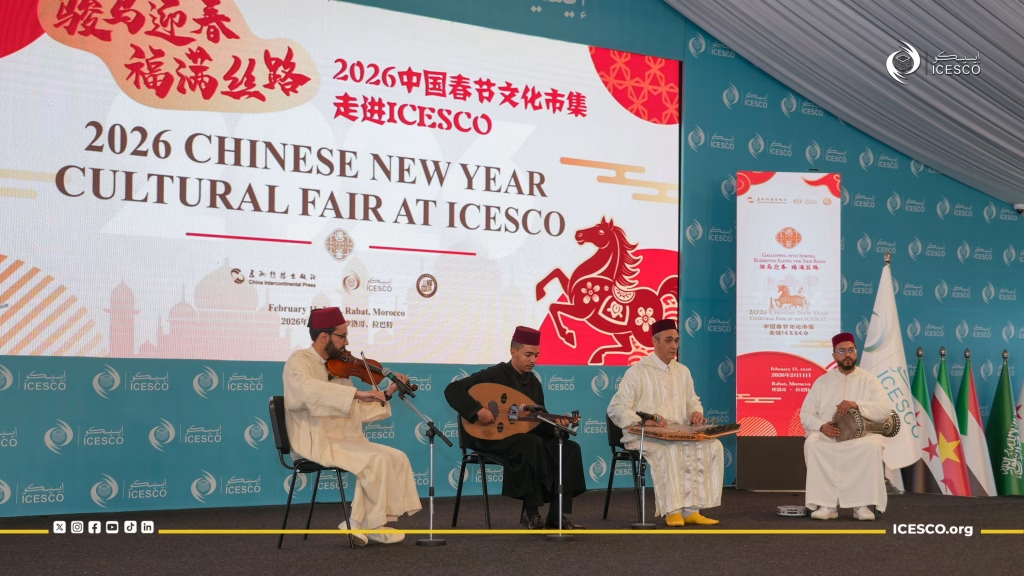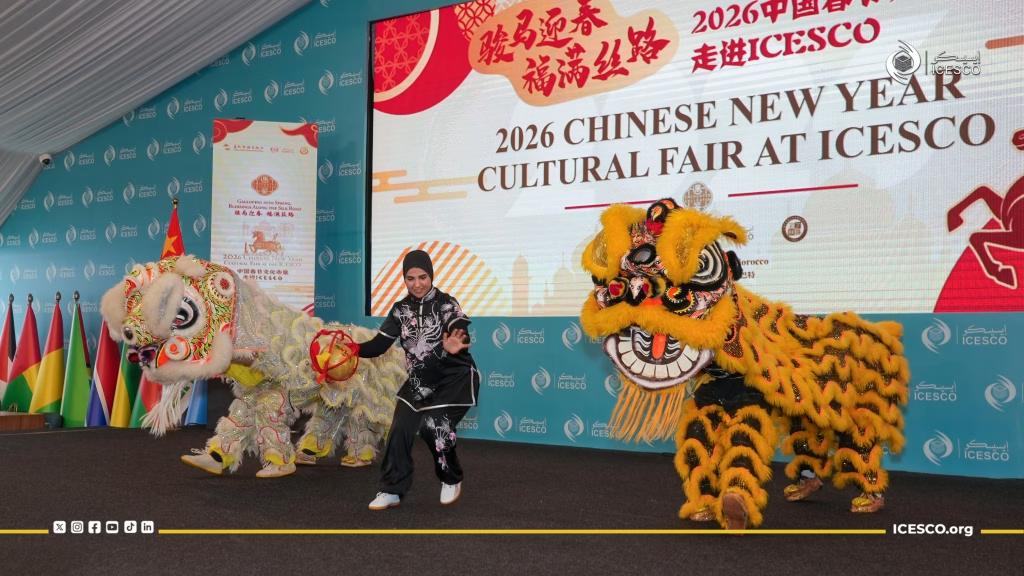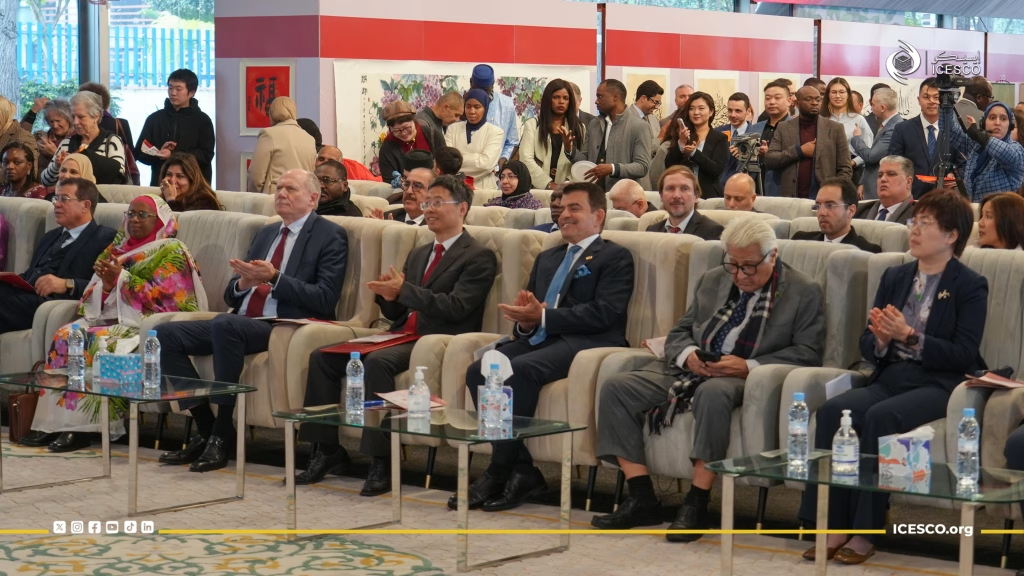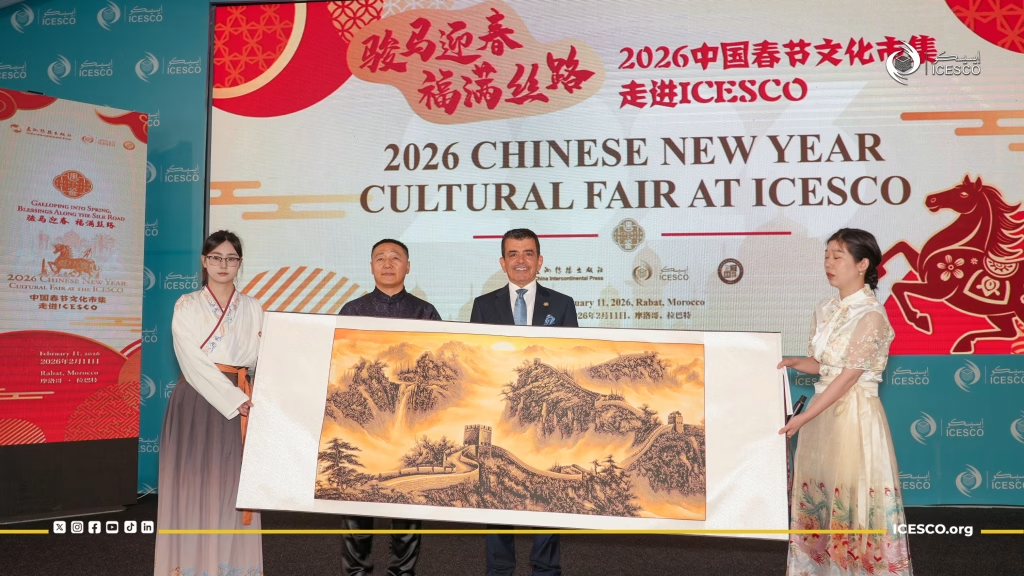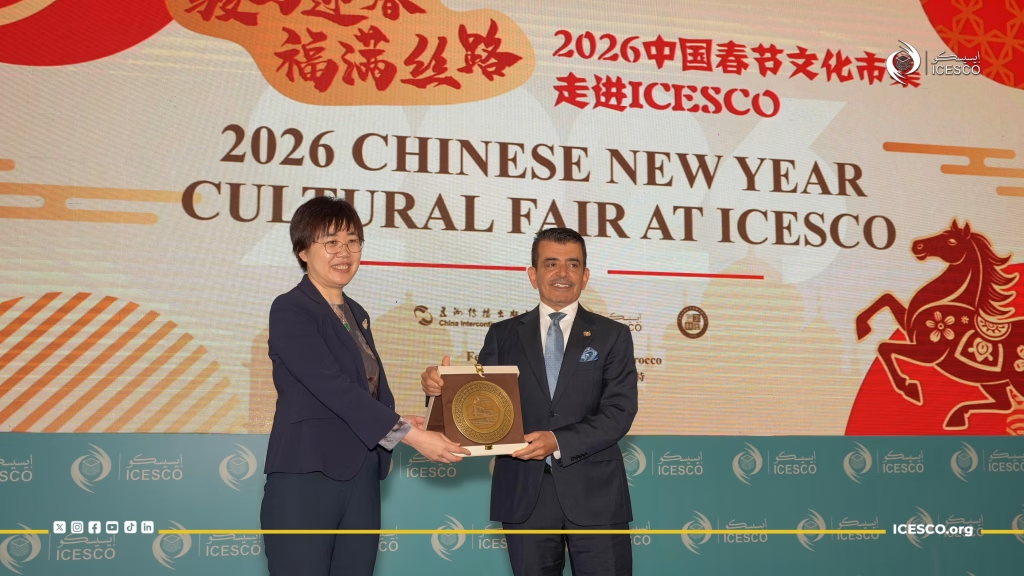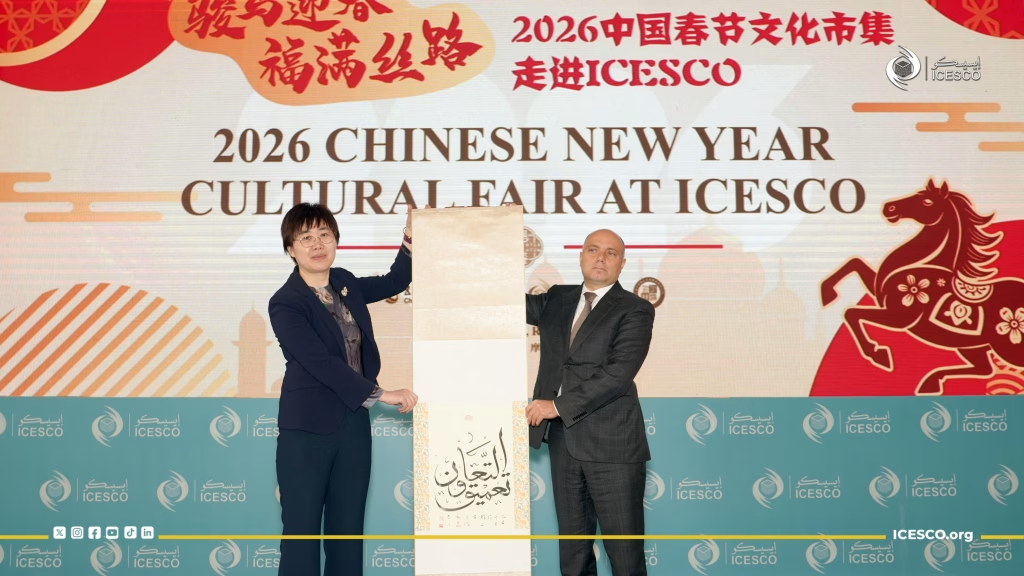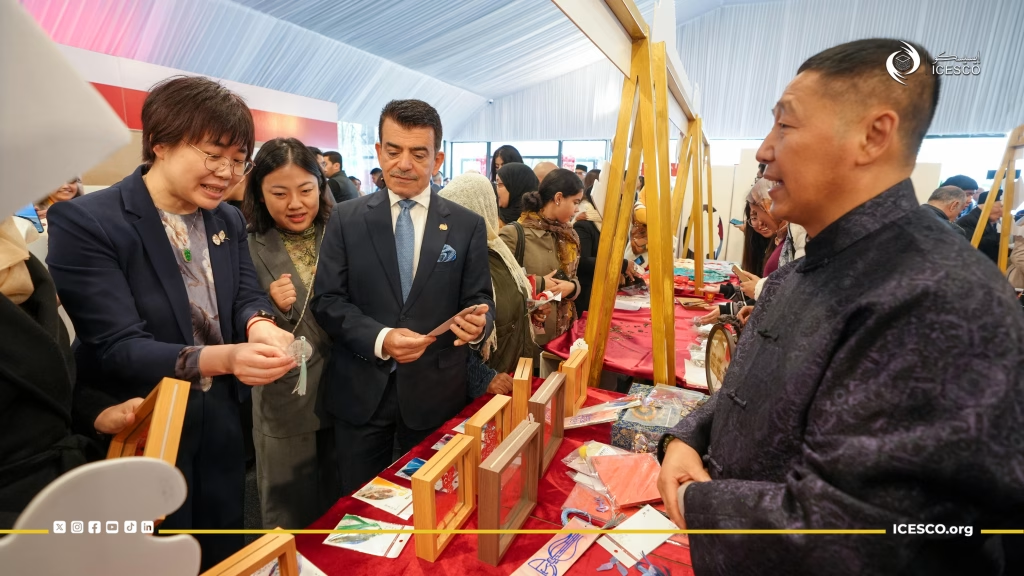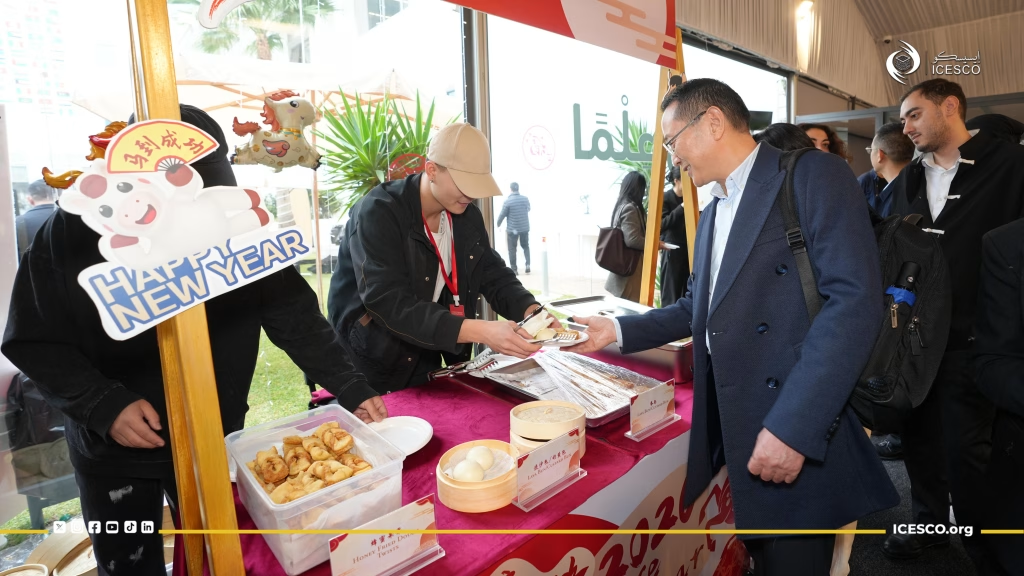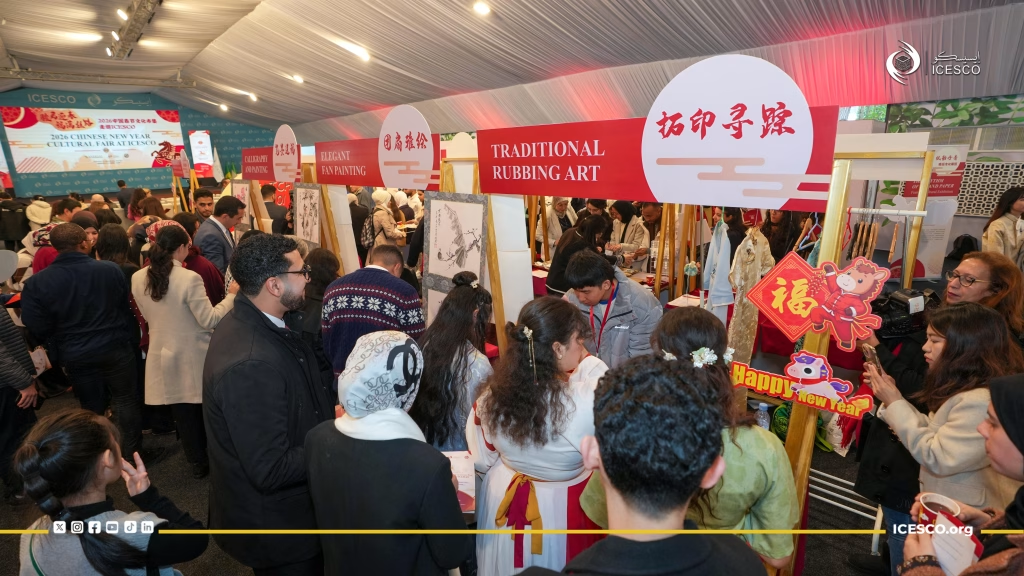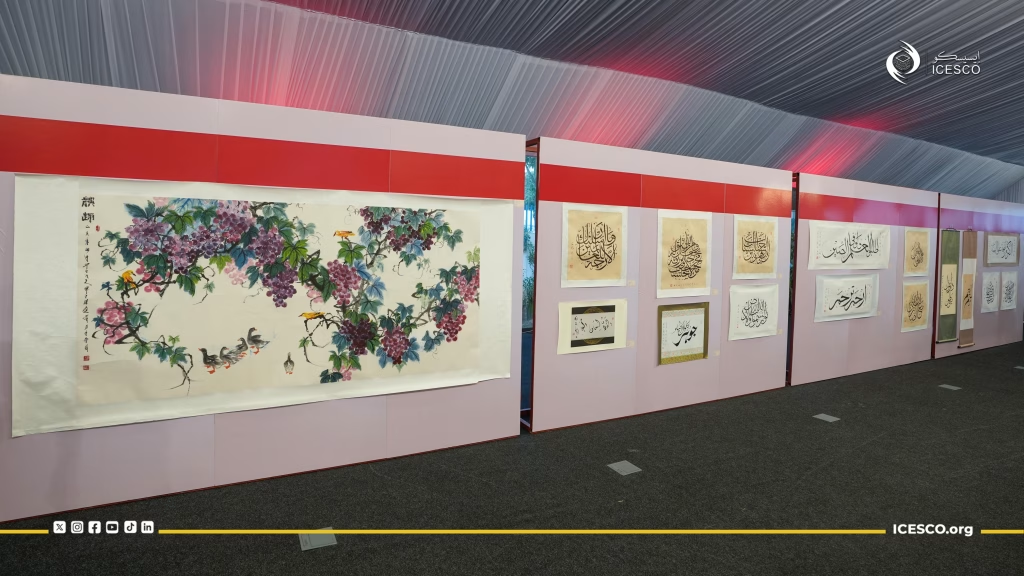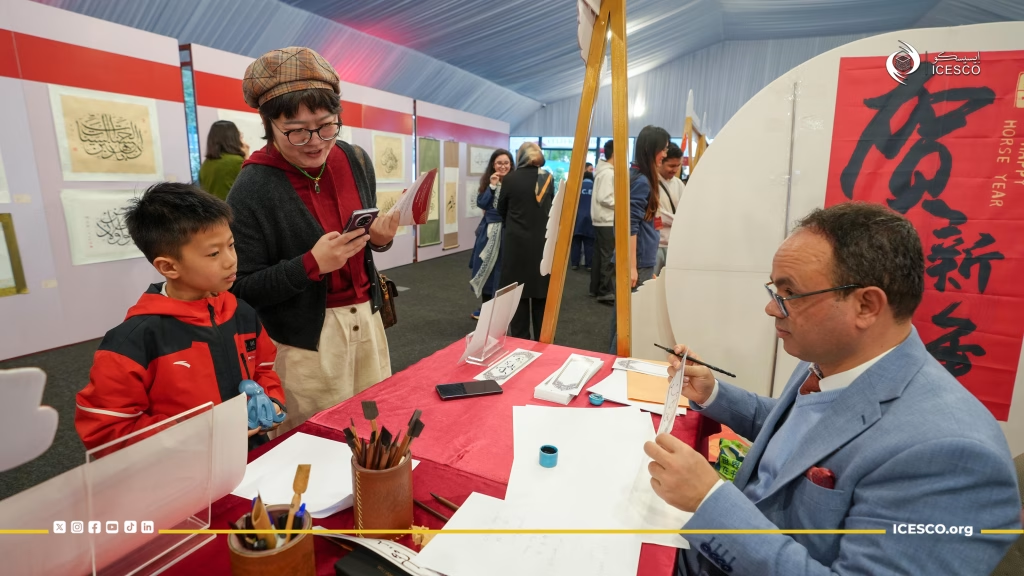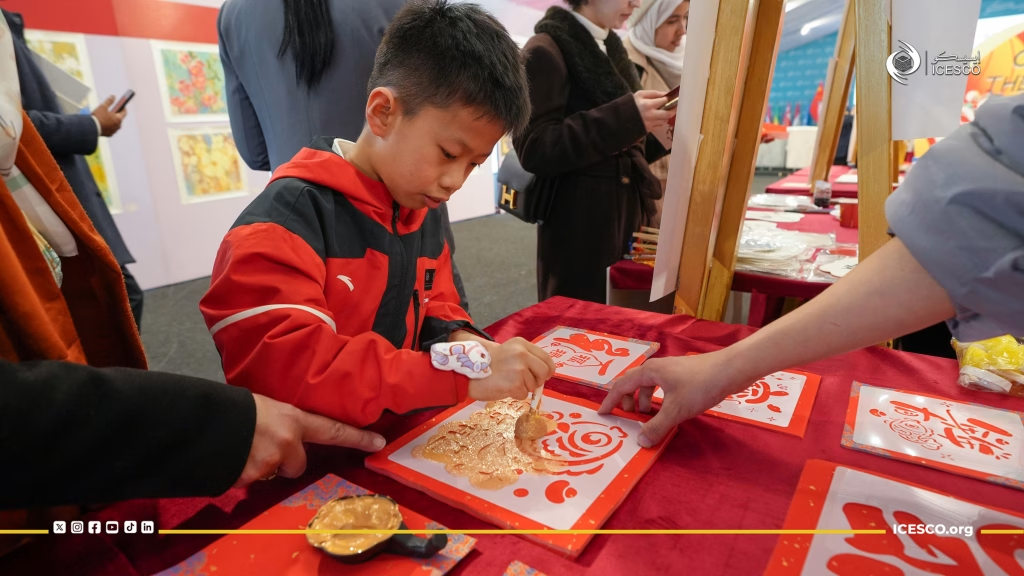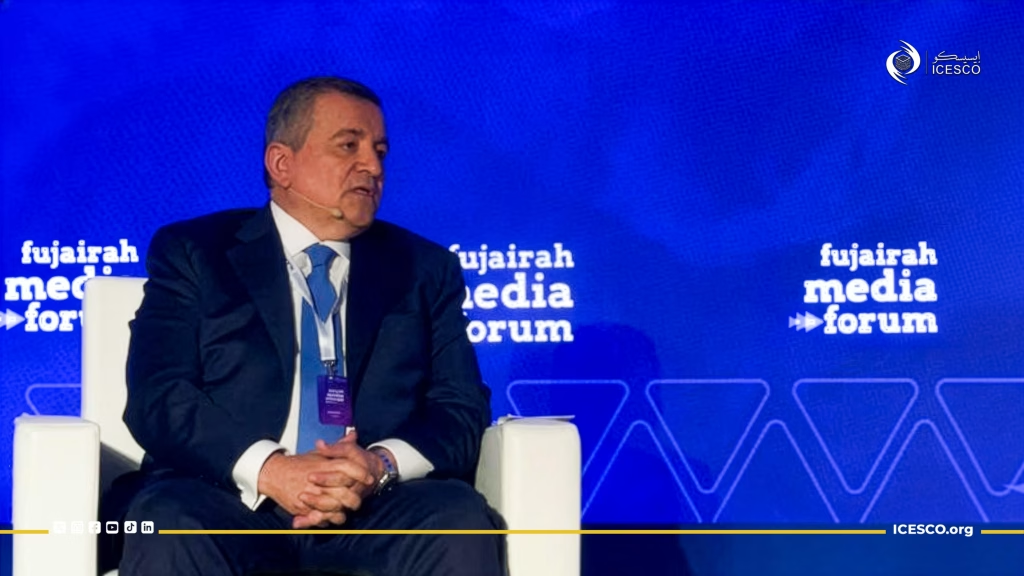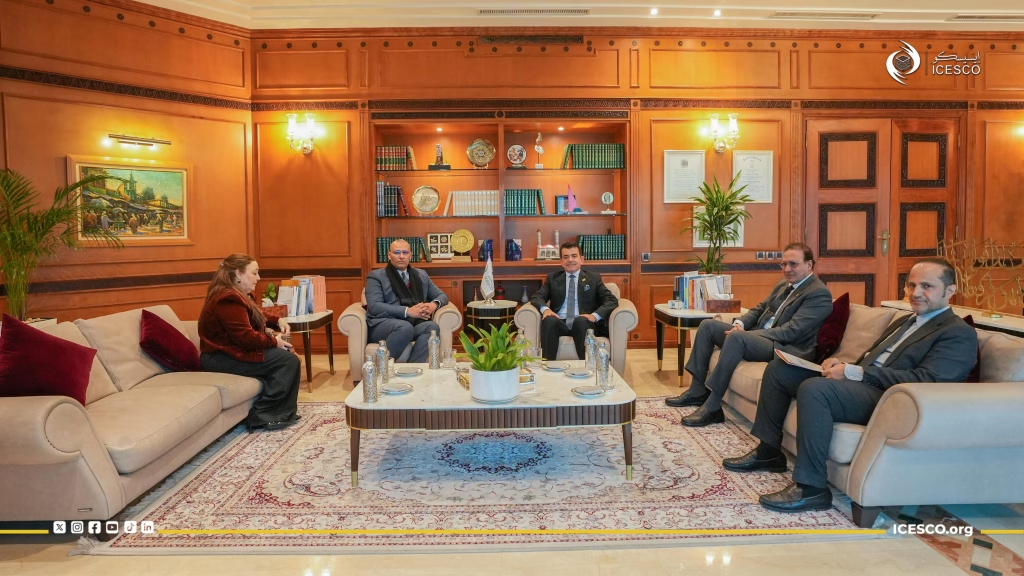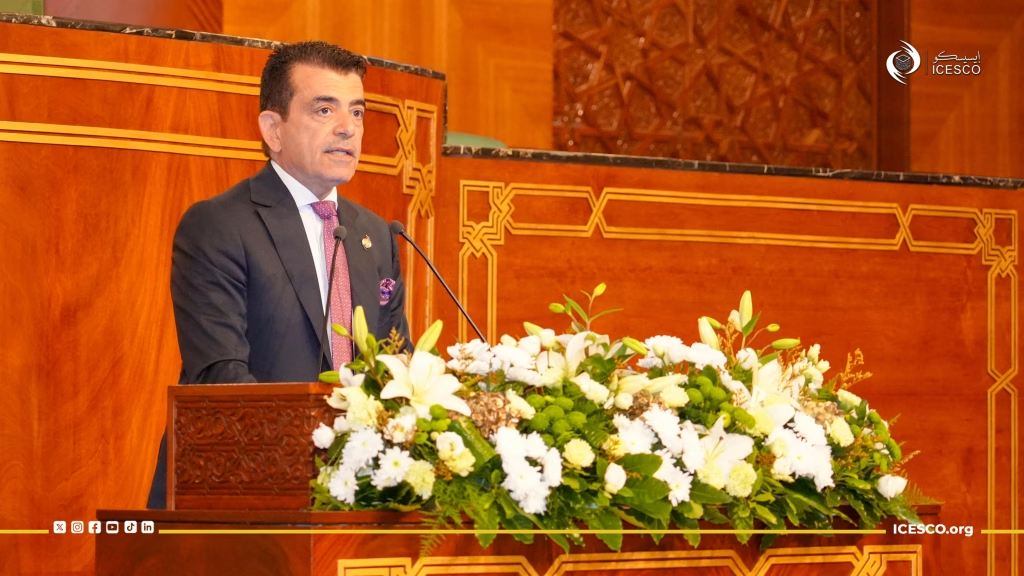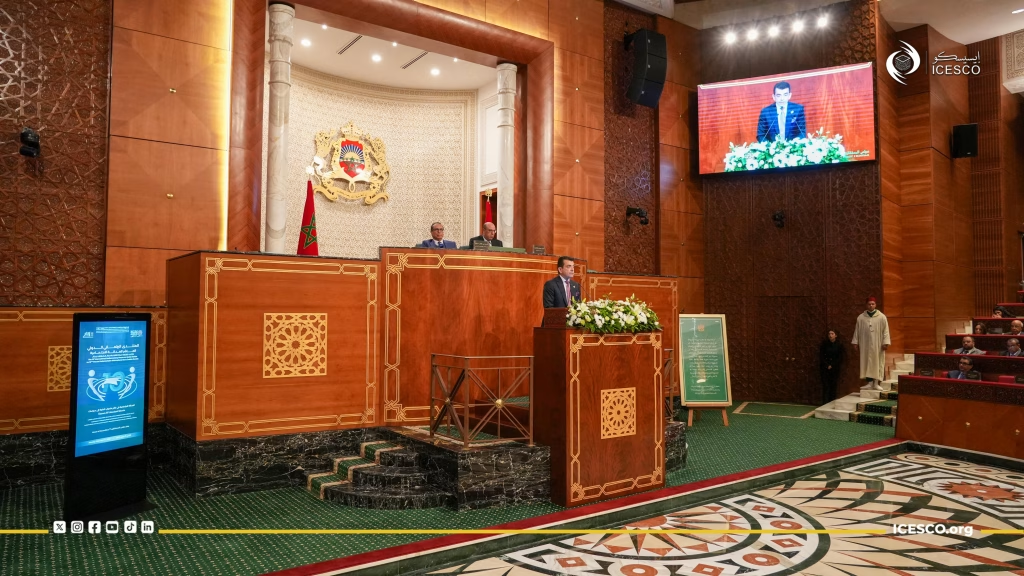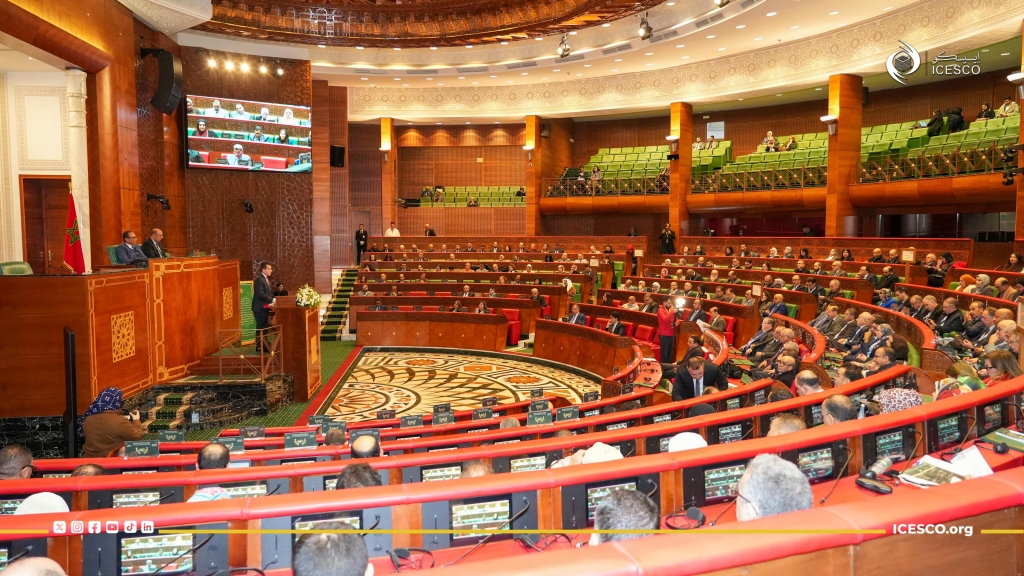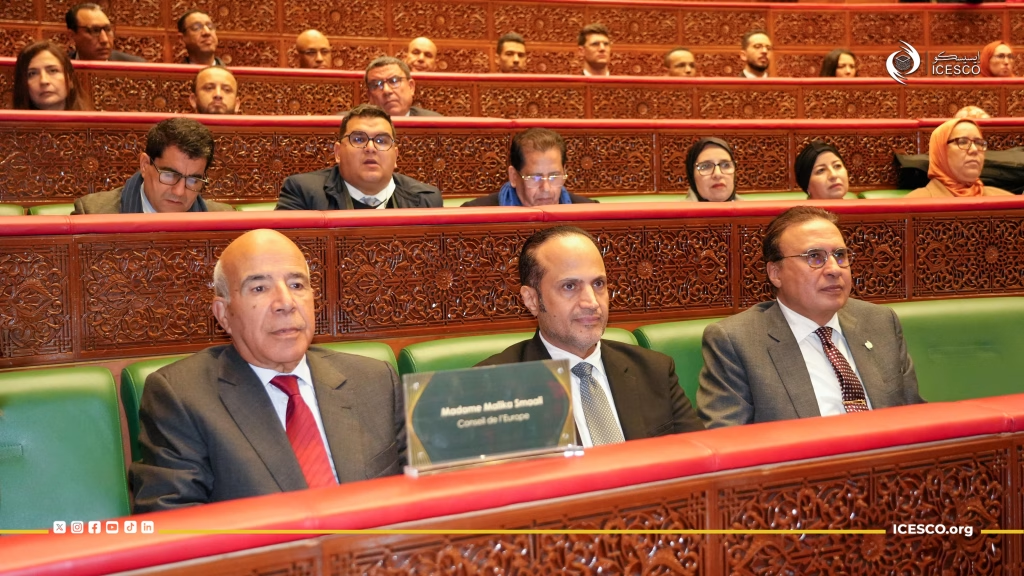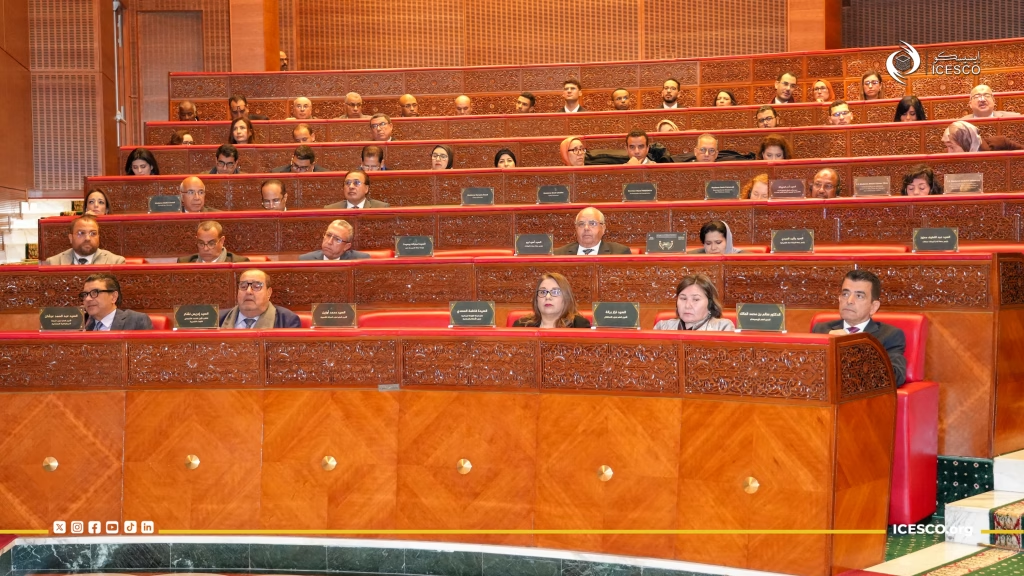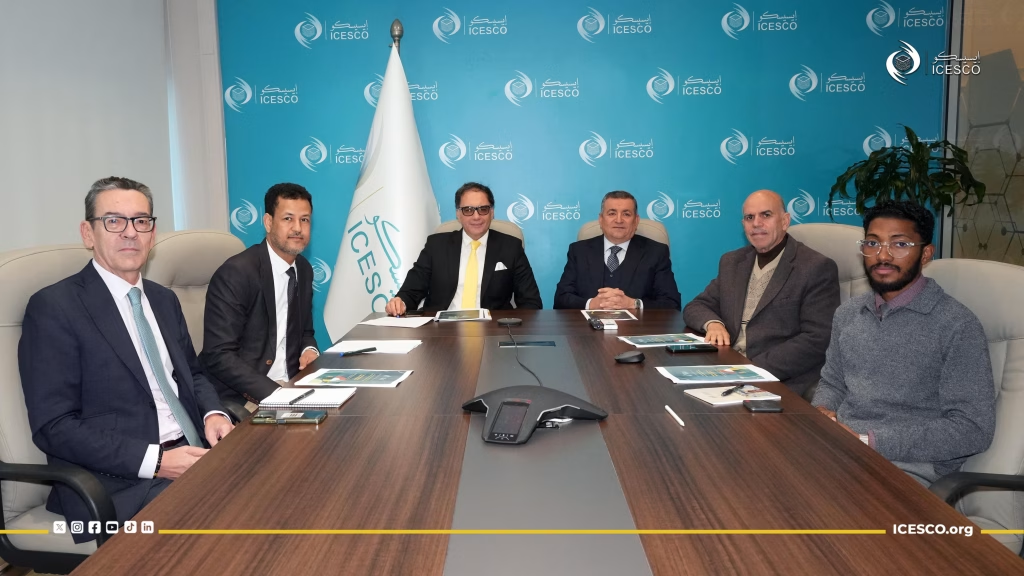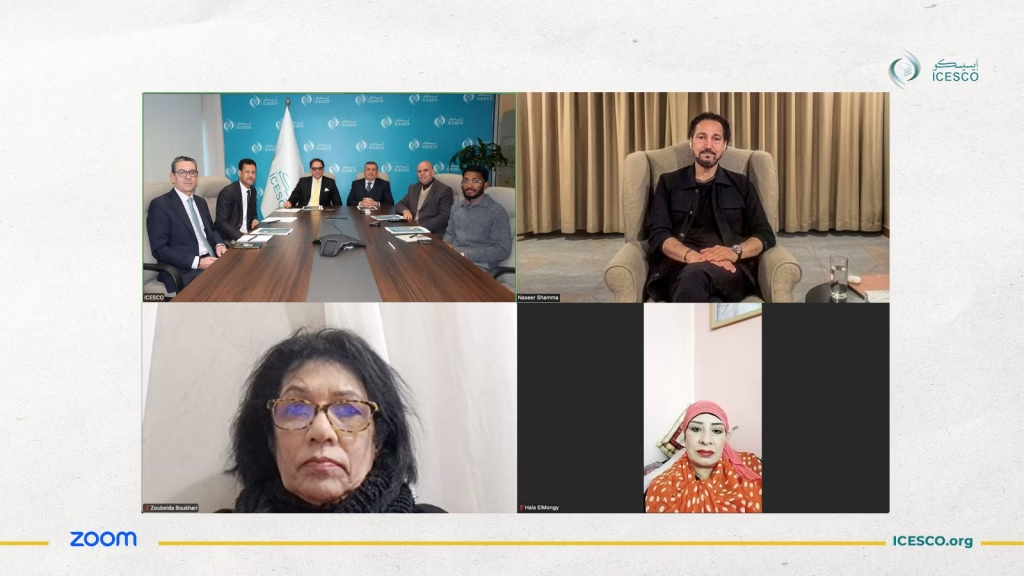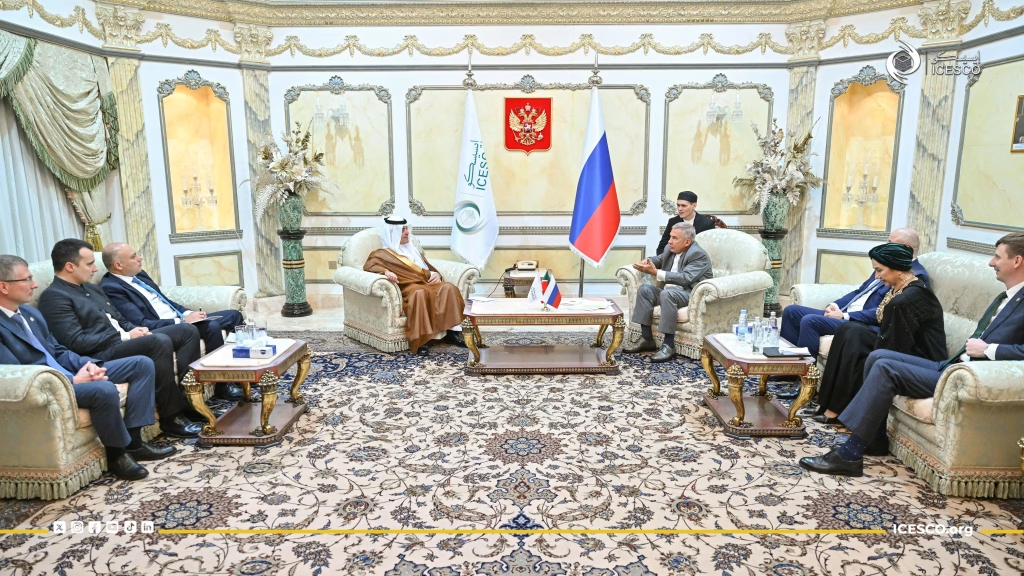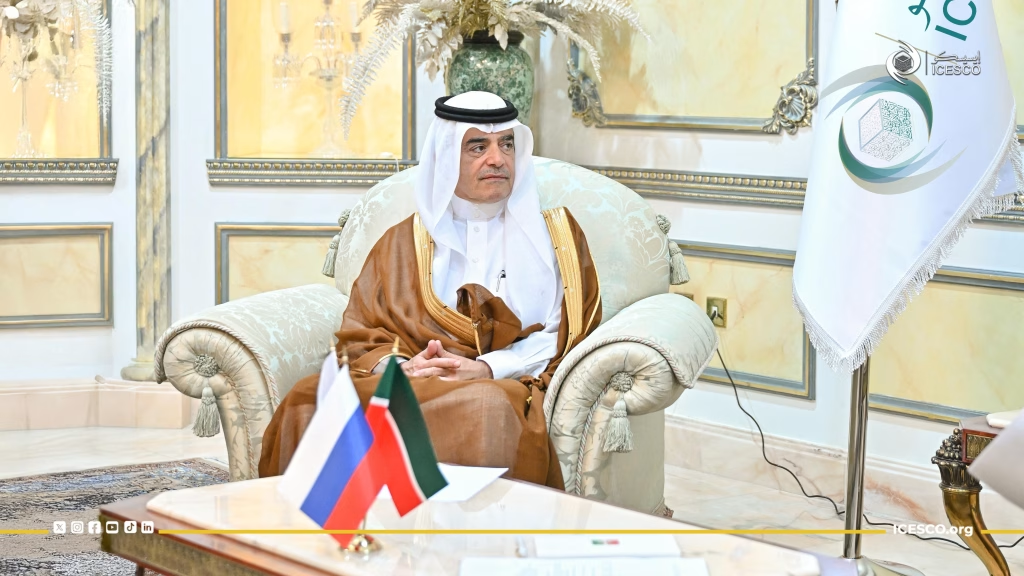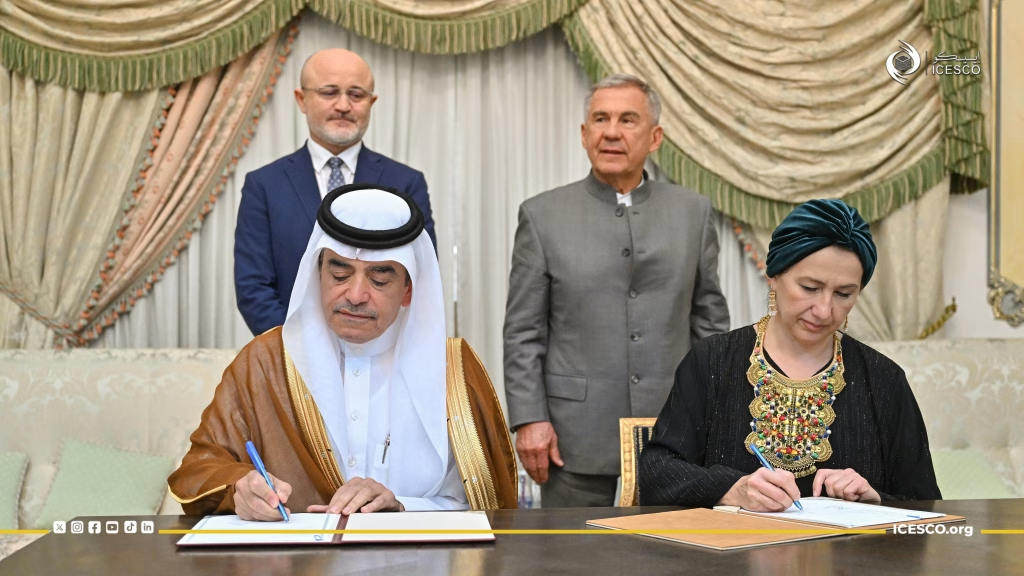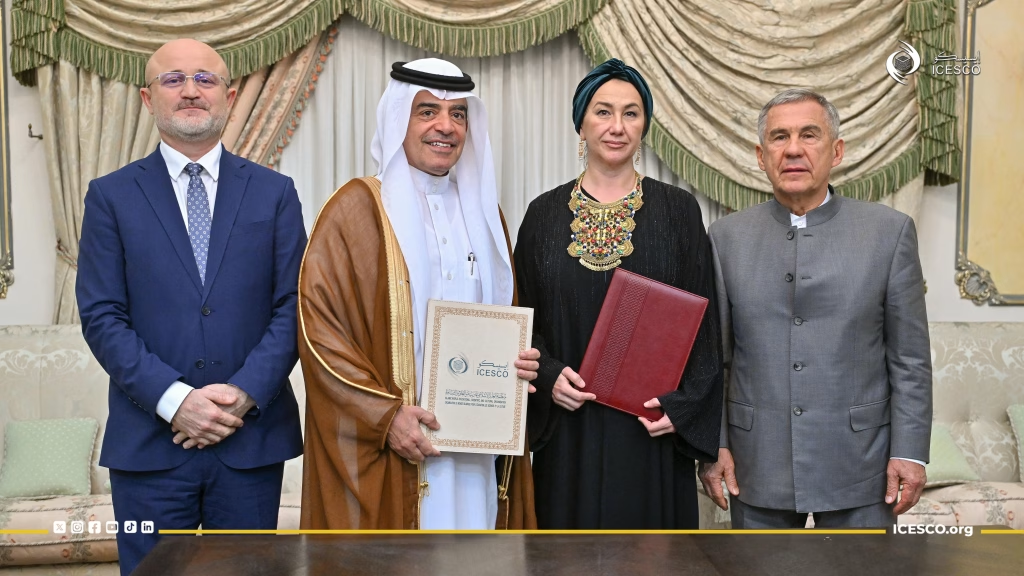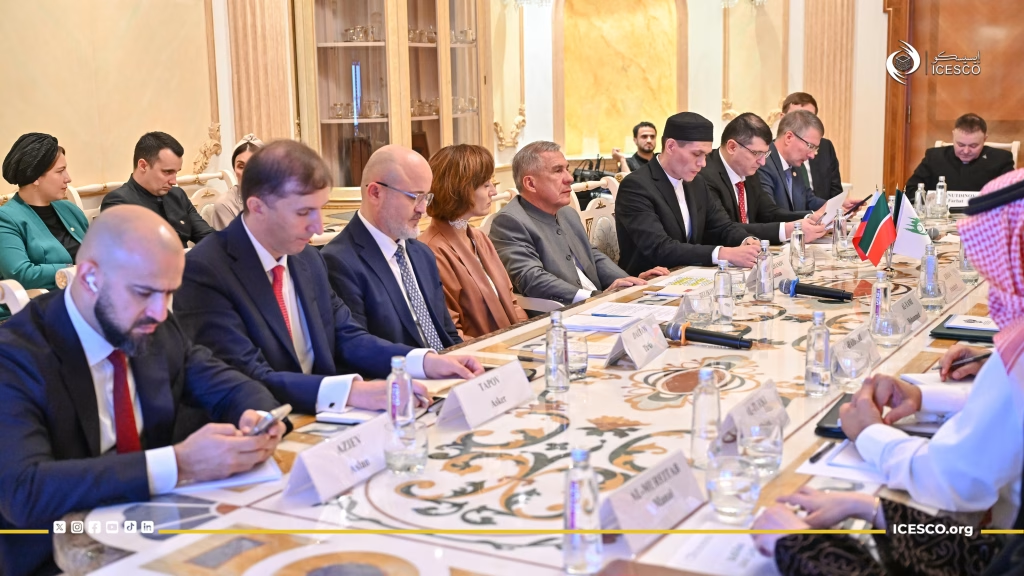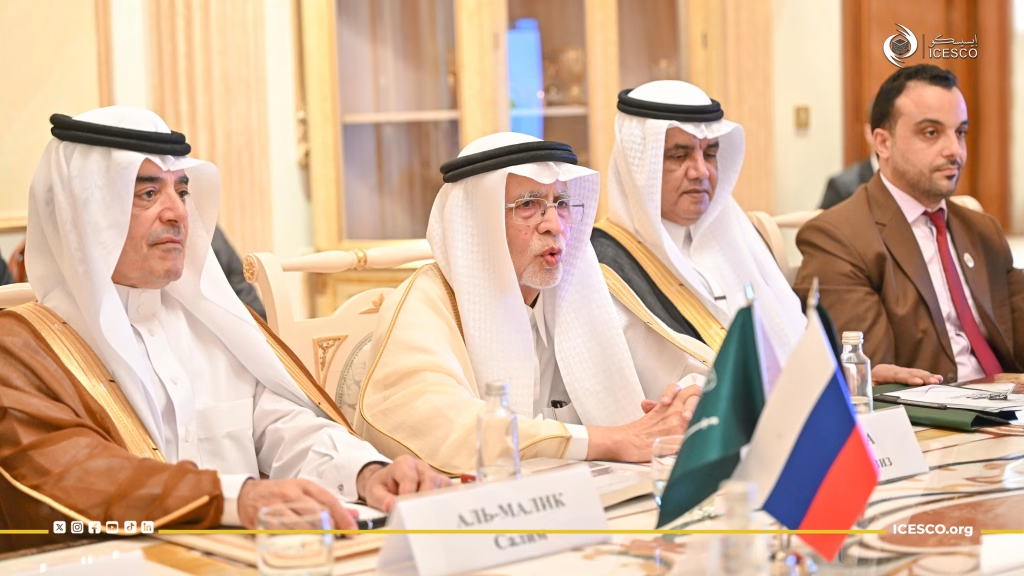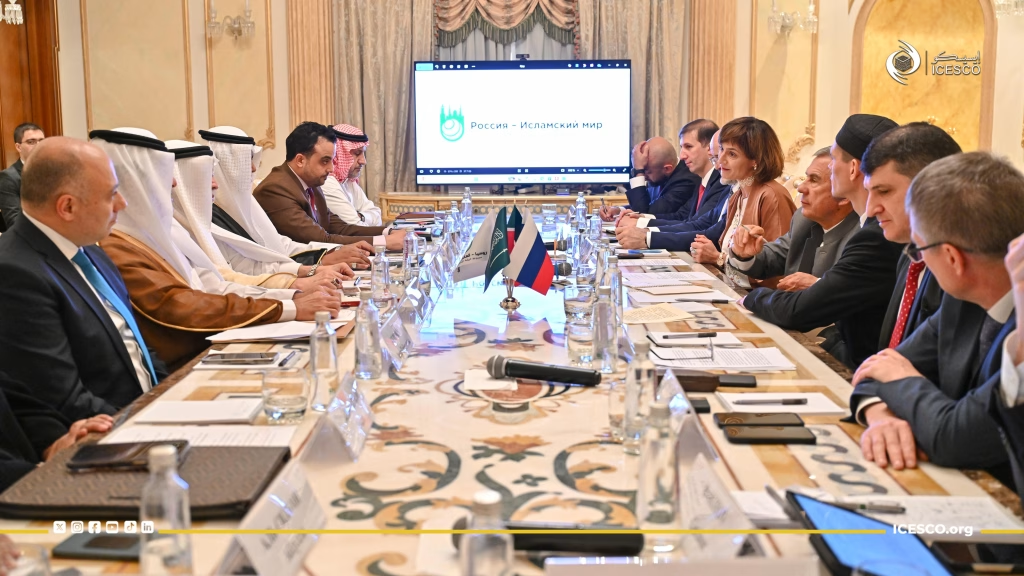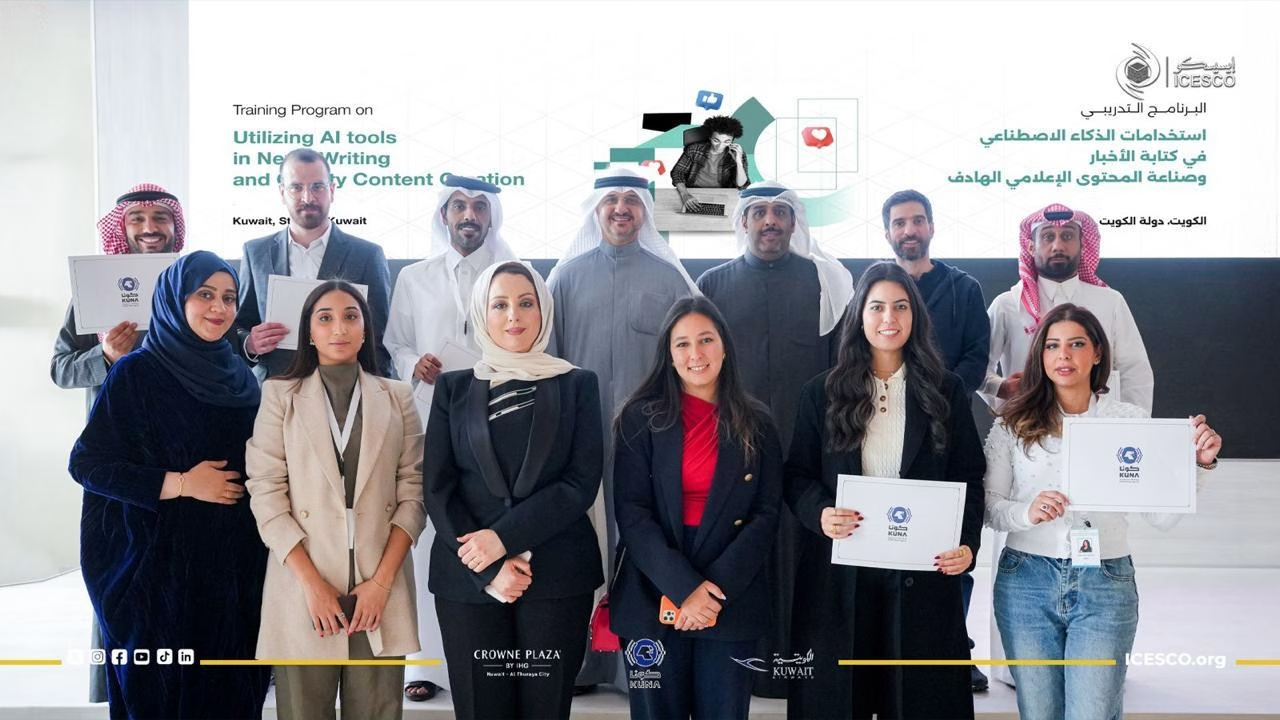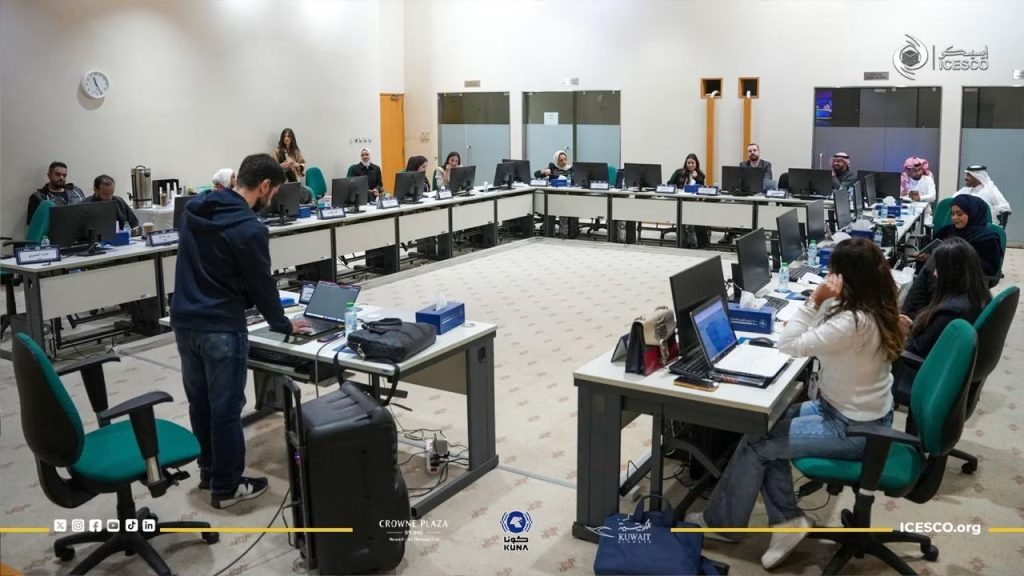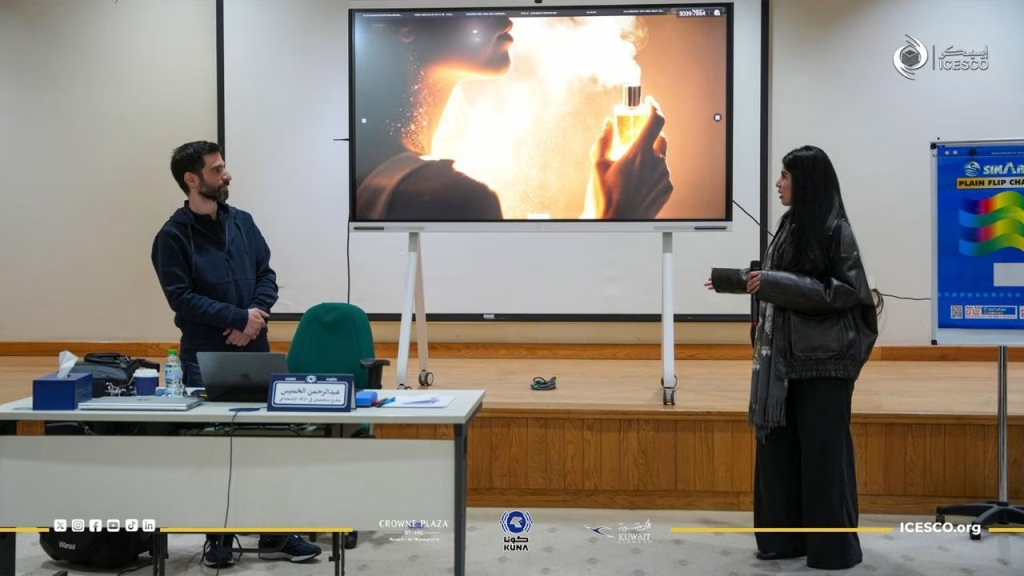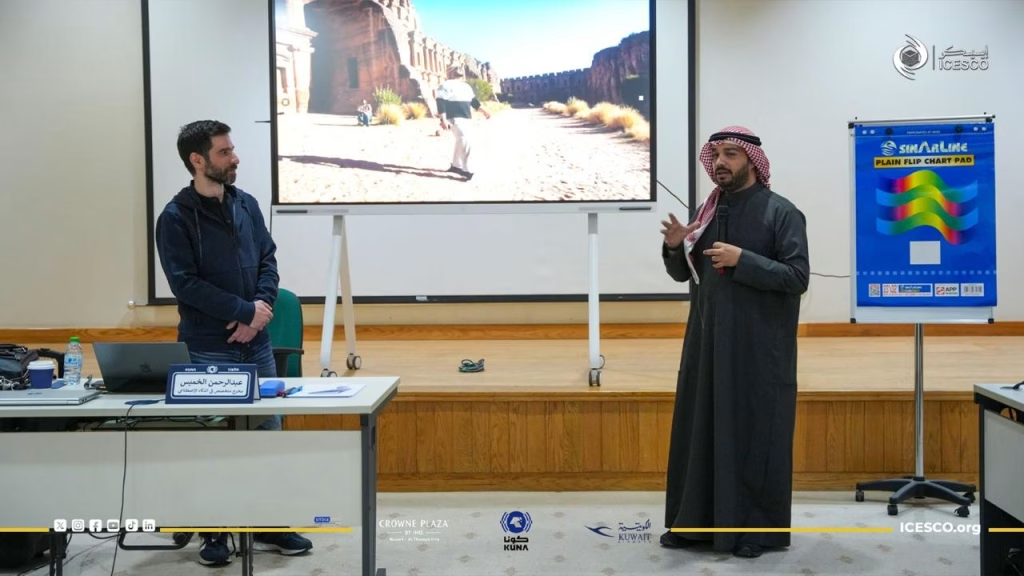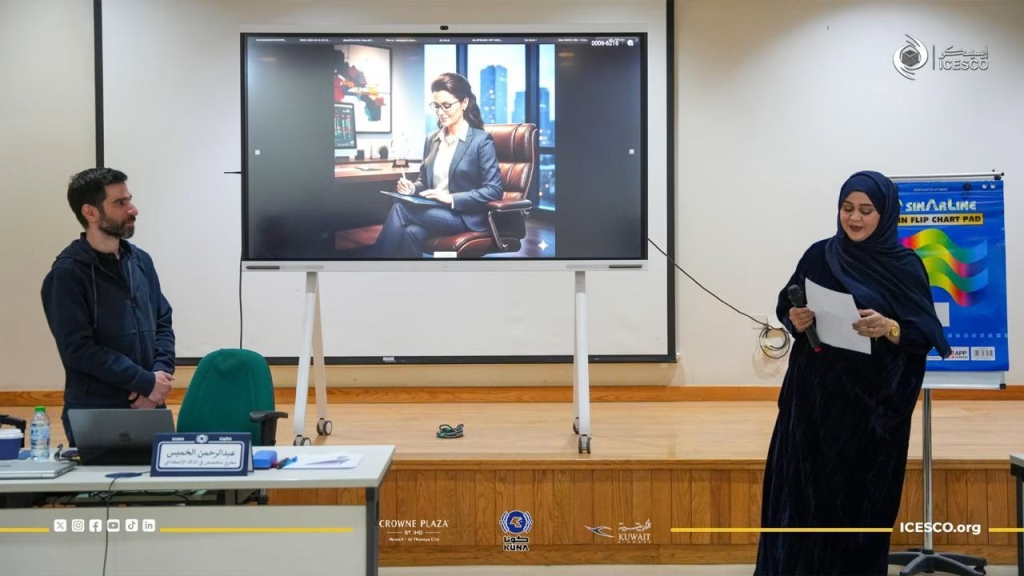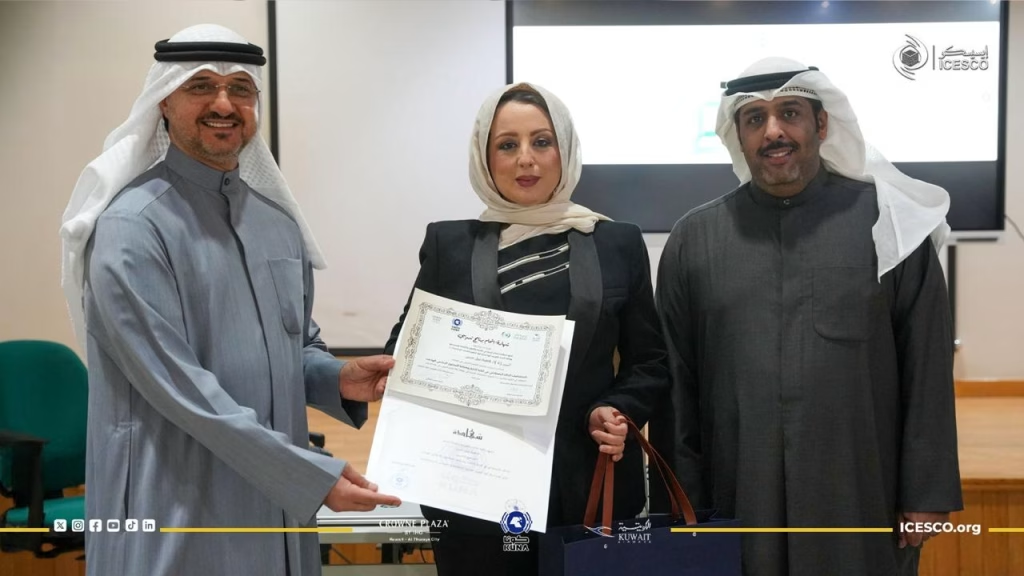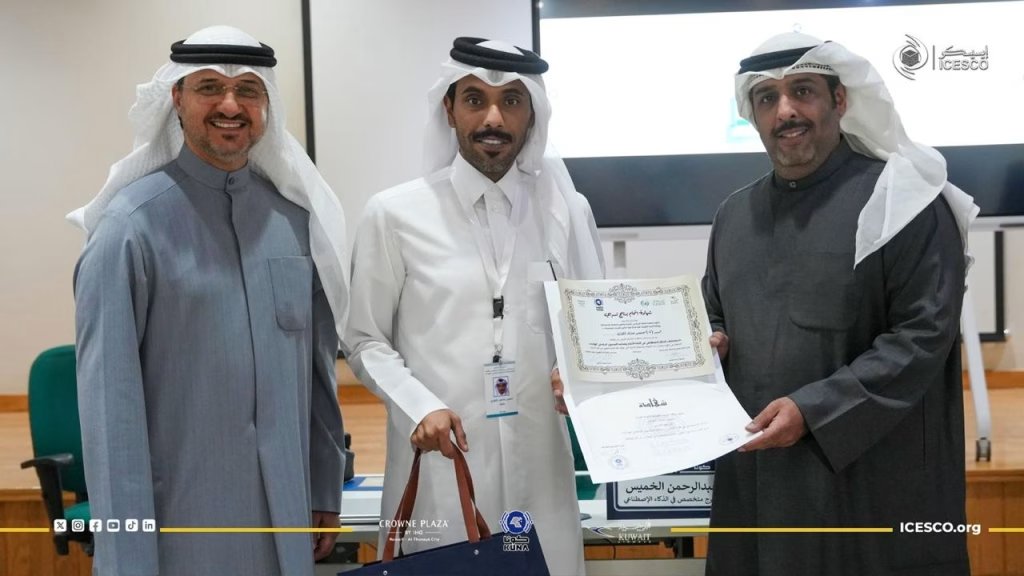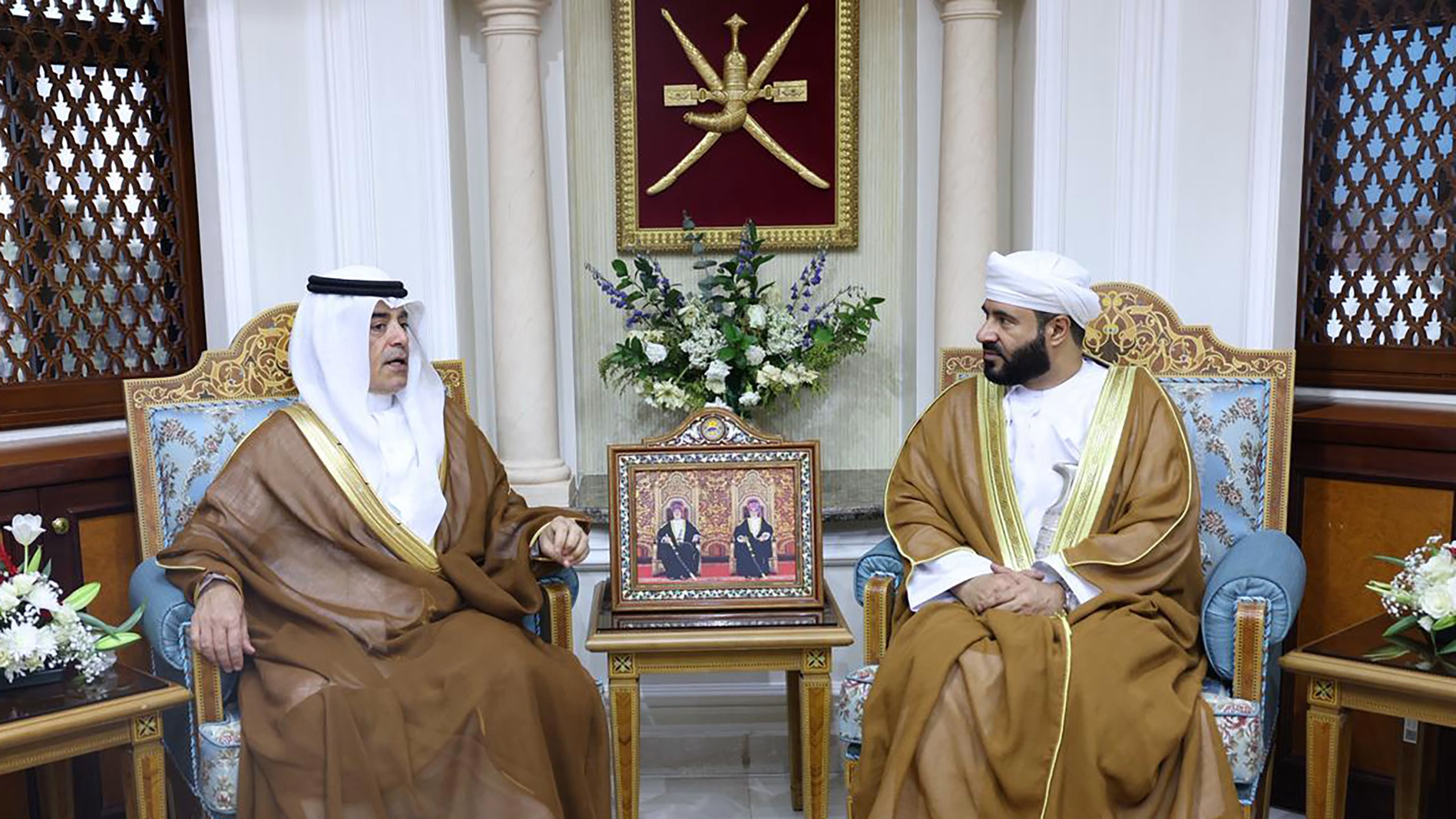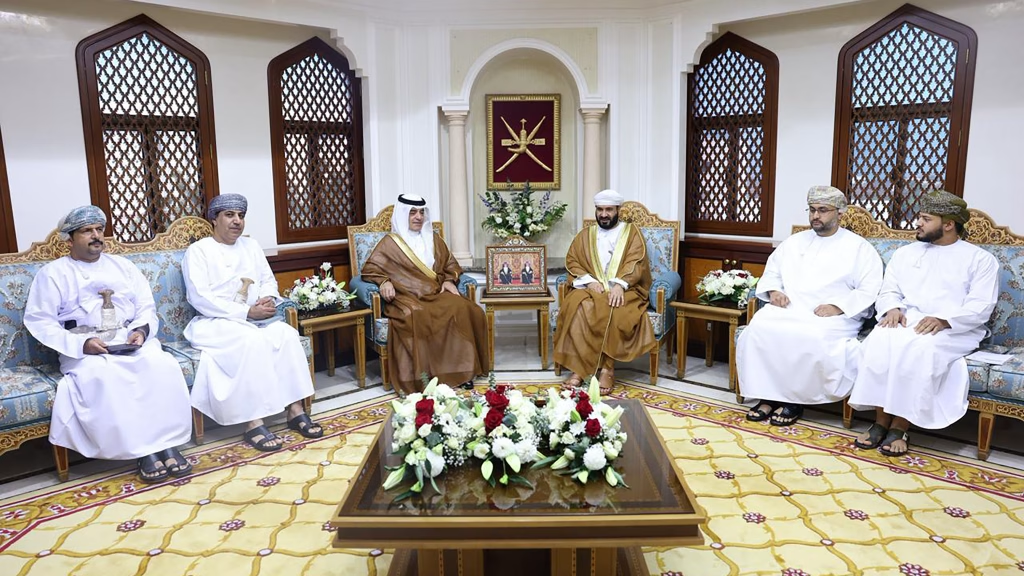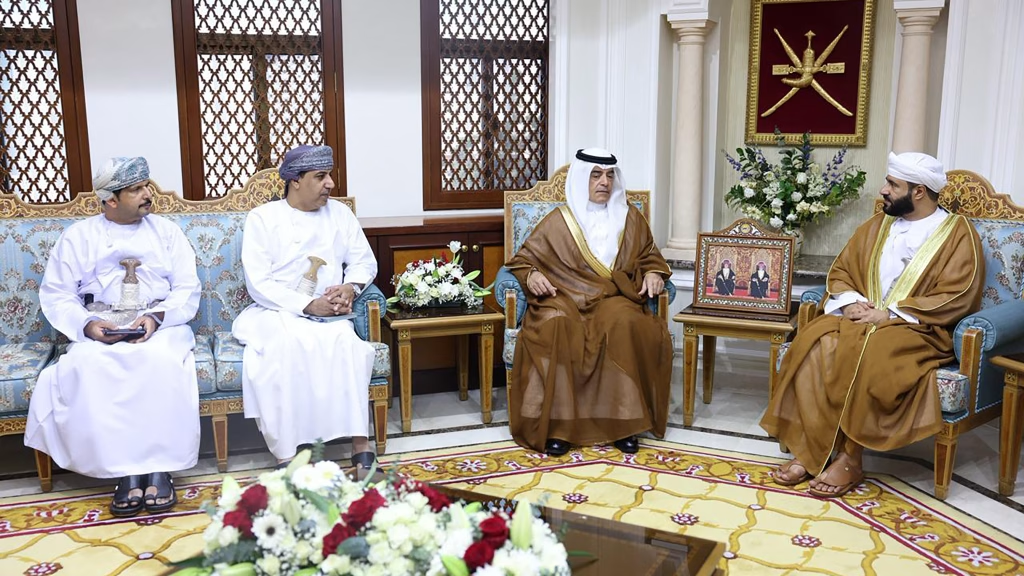The headquarters of the Islamic World Educational, Scientific and Cultural Organization (ICESCO) in Rabat hosted an international cultural event on Wednesday, 11 February 2026, celebrating the Chinese Spring Festival 2026. The event featured a cultural exhibition, performances of traditional Chinese folk dances, and musical segments using instruments rooted in the heritage of the Islamic world, creating an atmosphere that reflected the spirit of harmony between the Islamic world and Chinese civilization.
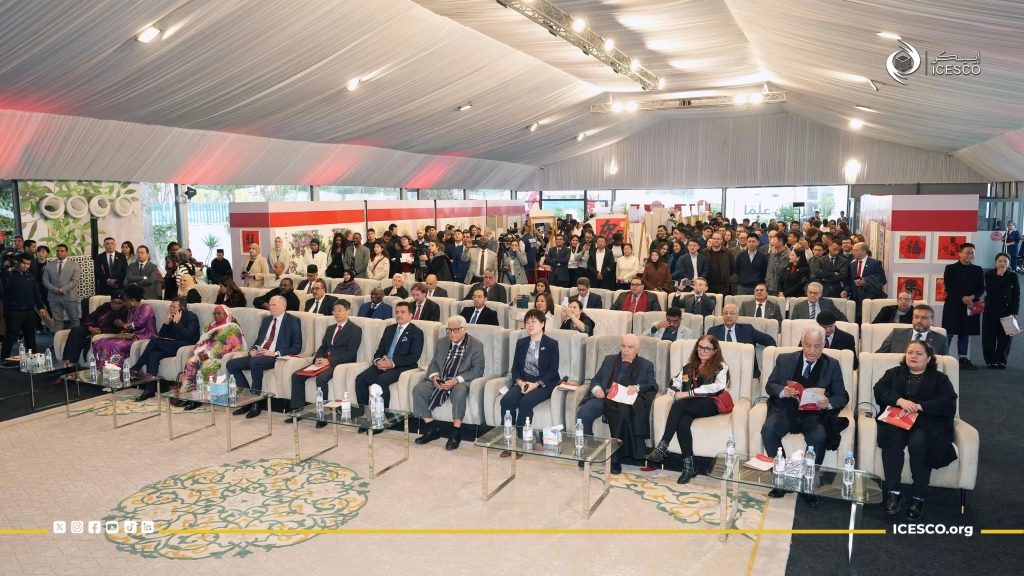
The celebration was organized in partnership with China Intercontinental Press and the Institute of Silk Road Strategic Studies at Shanghai International Studies University, and was attended by several ambassadors and representatives of diplomatic missions accredited to the Kingdom of Morocco.
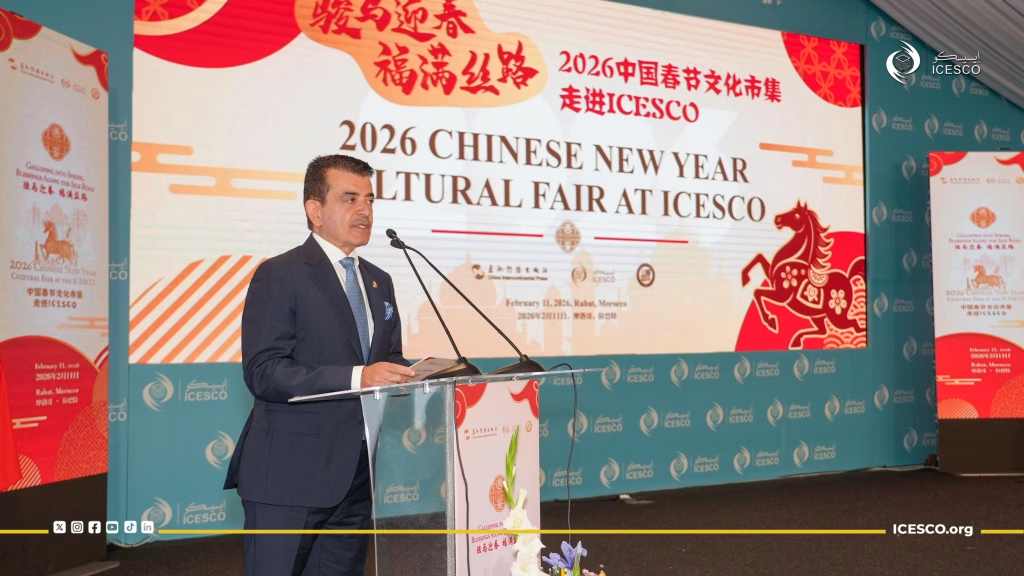
In his opening address, Dr. Salim M. AlMalik, ICESCO Director-General, stressed that the event embodies a relationship built on mutual respect and fostered by the power of civilizational dialogue, noting that cooperation between ICESCO and China continues to grow, as it is founded on trust and a shared belief in the role of knowledge in connecting peoples and bringing them closer together.
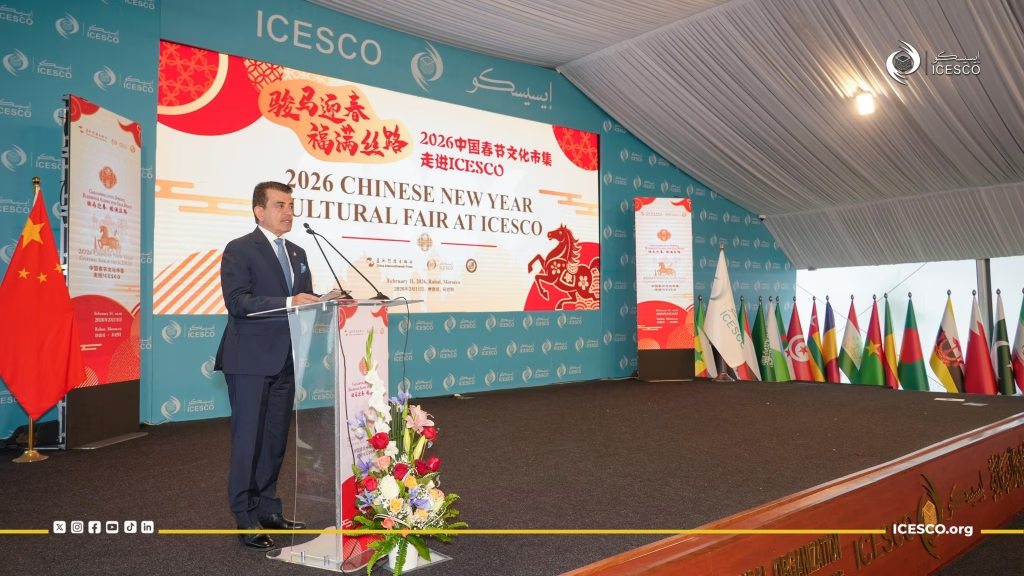
For his part, Zhou Zhicheng, Minister-Counselor of the Embassy of the People’s Republic of China in the Kingdom of Morocco, commended the role of ICESCO in promoting cooperation and exchange in the fields of education, science, and culture, and in supporting intercultural dialogue, affirming his country’s readiness to strengthen partnership and joint action to safeguard cultural diversity.
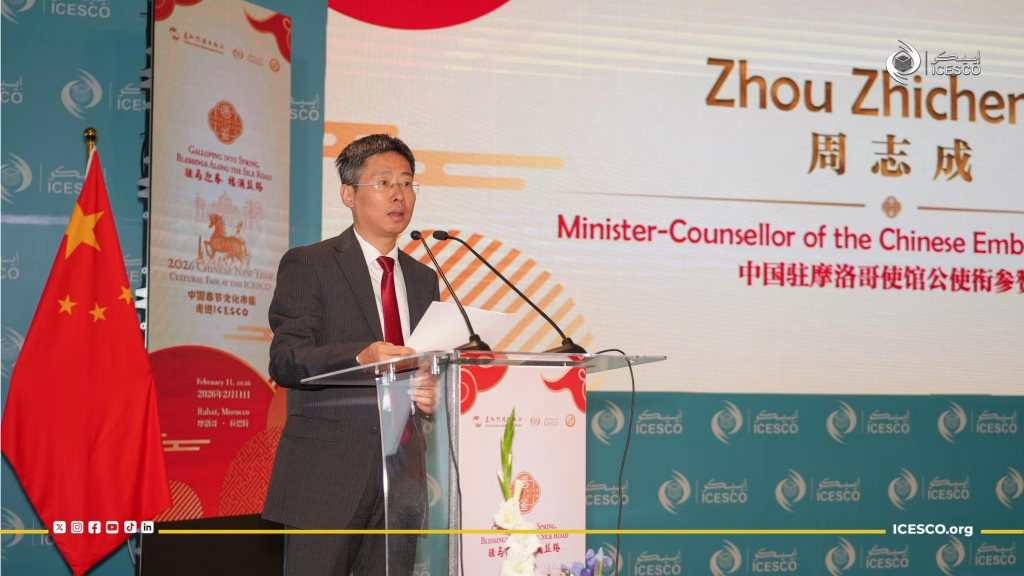
In turn, Guan Hong, Deputy General Manager of China Intercontinental Press, stated that the event reflects shared values and longstanding bonds of friendship between China and the Islamic world, noting that the activities and exhibits showcase respect for cultural diversity and open broader prospects for cooperation between the two sides.
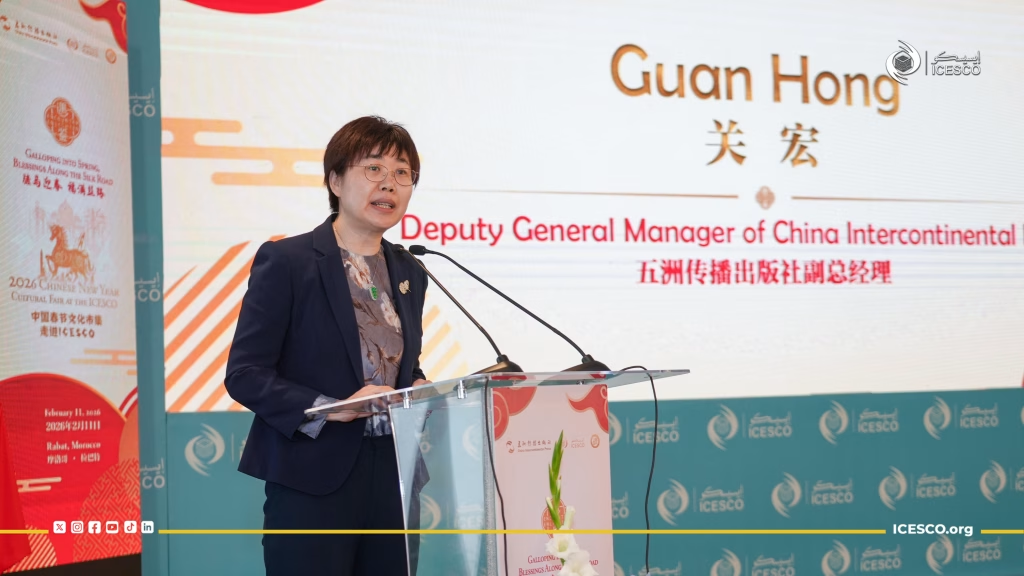
Following the opening, Dr. AlMalik and distinguished guests toured the exhibition accompanying the celebration. The exhibition featured several pavilions highlighting calligraphy, painting, traditional crafts, and a variety of popular dishes, in addition to interactive cultural experiences that demonstrated the richness of Chinese heritage and the depth of civilizational exchange.
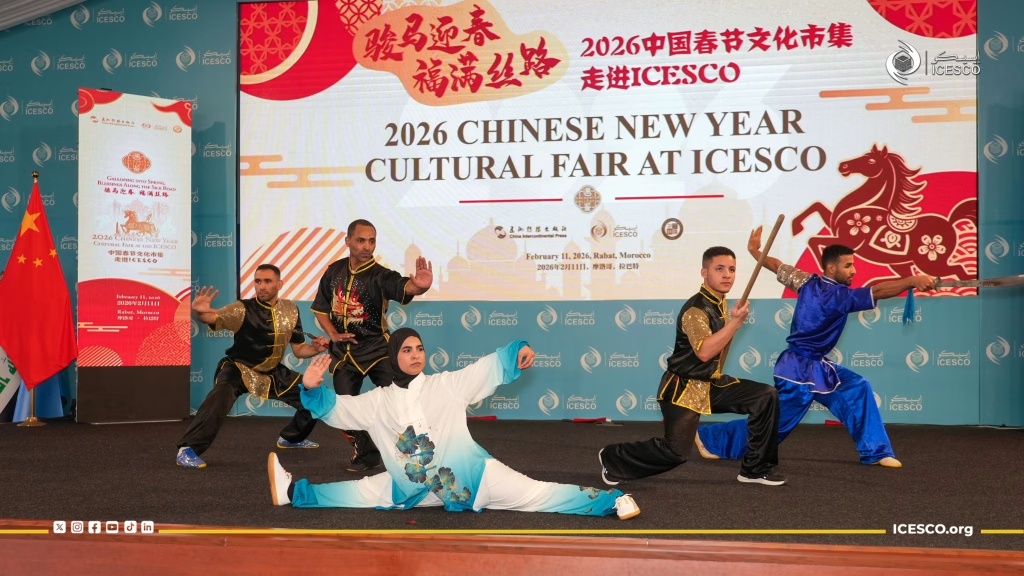
The ceremony also included a tribute to Dr. AlMalik by the Chinese side in recognition of his efforts in promoting civilizational dialogue and bringing peoples closer through culture. ICESCO, in turn, honored its partners with a commemorative shield in appreciation of their role in supporting cultural diplomacy and strengthening channels of communication between the Islamic and Chinese cultural spheres.
